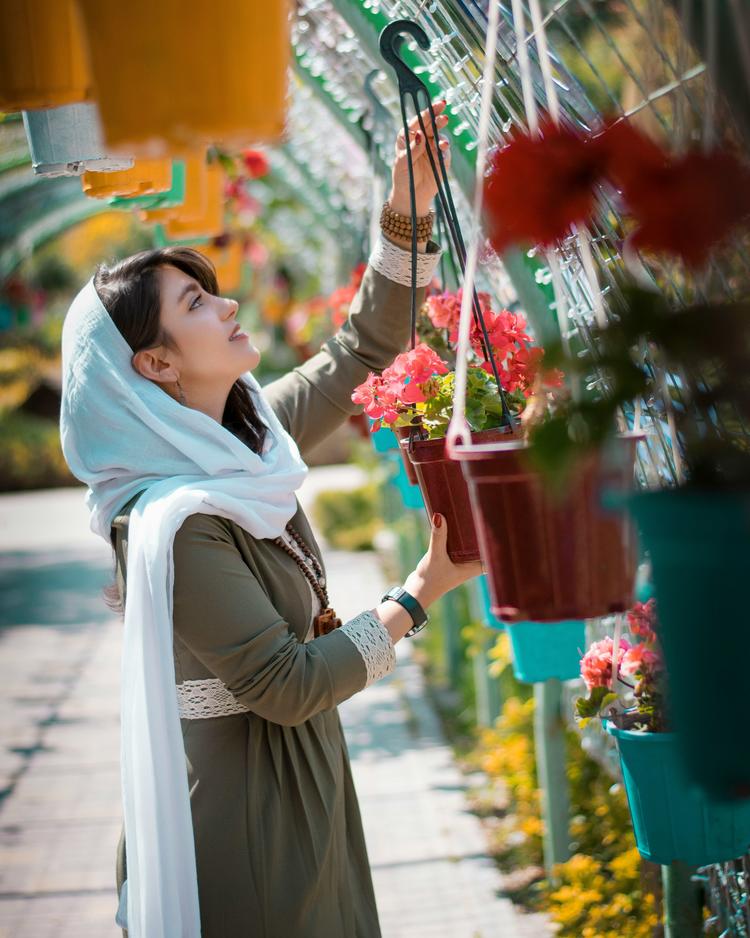Human Rights Watch – (Beirut) – Iranian authorities have continued their brutal, targeted repression even though the new Iranian president has promised change, Human Rights Watch said today in its World Report 2025. The authorities have targeted human rights defenders, women, ethnic and religious minorities, and families of those arrested or killed in the 2022 protests.
For the 546-page world report, in its 35th edition, Human Rights Watch reviewed human rights practices in more than 100 countries. In much of the world, Executive Director Tirana Hassan writes in her introductory essay, governments cracked down and wrongfully arrested and imprisoned political opponents, activists, and journalists. Armed groups and government forces unlawfully killed civilians, drove many from their homes, and blocked access to humanitarian aid. In many of the more than 70 national elections in 2024, authoritarian leaders gained ground with their discriminatory rhetoric and policies.
Iran was among the five countries with the highest number of executions in 2023, according to Amnesty International, and this trend has continued in 2024 with more than 400 people executed in the first half of the year, according to the United Nations. The authorities also issued scores of new death sentences for political prisoners, ethnic minorities, and foreign nationals.
“The Iranian authorities’ ongoing repression exemplifies an assault on rights that disproportionately targets women and minorities,” said Nahid Naghshbandi, acting Iran researcher at Human Rights Watch. “Yet, unchecked government oppression is deepening public defiance rather than silencing opposition.”
Iranian authorities severely restricted freedoms of assembly and expression. In 2024, security forces arrested dozens of activists, lawyers, and students. The authorities also targeted outspoken family members of those killed or executed during the 2022-2023 protests who have demanded accountability for violations against their loved ones.
Photo by Raamin ka on Unsplash
- Scores of human rights defenders, journalists, minorities, and dissidents in Iran face long sentences after unfair trials. Many are denied basic services in prison. The deliberate denial of medical care to political prisoners, a longstanding practice, has worsened.
- Iranian authorities have imposed harsher restrictions and punishments for violating compulsory dress laws under the “Protection of the Family through Promoting the Culture of Hijab and Chastity” law. The law, ratified by the Guardian Council in September, carries severe penalties, including fines, longer prison sentences, and restrictions on employment and education.
- The authorities have intensified their crackdown on the Baha’is religious minority, with women being disproportionately targeted. Dozens of Baha’is were arrested, tried, and sentenced to prison in 2024. The cumulative impact of authorities’ decades-long systematic repression against Baha’is is an intentional and severe deprivation of their fundamental rights and amounts to the crime against humanity of persecution.
- The authorities also have used excessive and lethal force against predominantly Kurdish border couriers, known as Kulbars, who transport goods between Iran and Iraq over rugged terrain. Driven by poverty, border couriers confront constant dangers. The couriers have limited access to justice or remedy for these violations, and Iranian authorities have mistreated those they have detained.
“The international community should address the escalating repression in Iran and hold Iranian authorities accountable,” Naghshbandi said.



 © 2025 All Rights Reserved
© 2025 All Rights Reserved